Social Justice Museums in the United States
Social justice museums offer powerful spaces to learn, reflect, and engage with the ongoing fight for equality and human rights. These institutions go beyond traditional history exhibits– they highlight stories of resistance, resilience, and reform. By focusing on issues like slavery, civil rights, and modern-day injustices, they challenge visitors to confront uncomfortable truths. They can also inspire action towards change. Add one of these social justice museums in the United States to your family travel bucket list–while the subject matter may be difficult to witness, it remains important and even our duty to learn from and acknowledge our truth as a country.
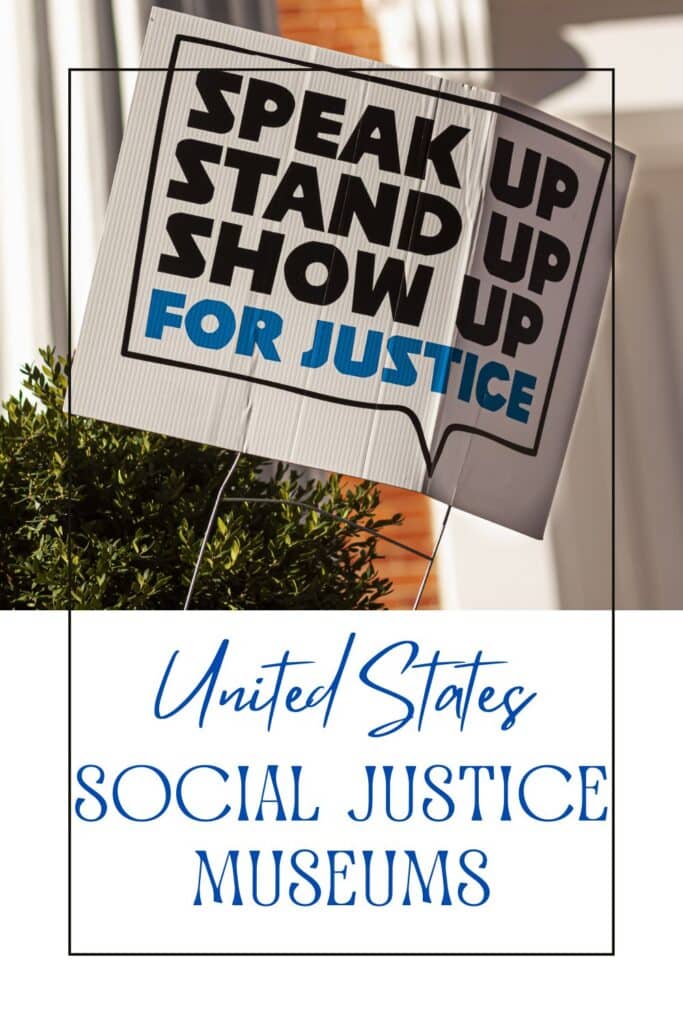
Why Visit a Social Justice Museum?
Visiting a social justice museum with your family can be a powerful and meaningful experience. These museums offer more than history lessons, they provide opportunities for open conversations about fairness and equality. For parents, it’s a chance to introduce our children to the struggles and triumphs of those who came before us. Museums are a great way to help them understand how past events still shape today’s world.
Social justice museums often present complex topics in age-appropriate ways, using interactive exhibits and storytelling to engage younger visitors. They can spark thoughtful questions and encourage empathy.
Families walk away with a deeper awareness of how individuals can make a difference. These visits also reinforce values like respect, kindness, and the importance of standing up for what’s right. Today, the news cycle and social media often feel overwhelming and hopeless. Social justice museums help us to center and recognize real-life stories and the importance of community.
Ignoring our past and ongoing injustices is one of the worst things we can do as individuals. These museums are currently fighting not only to share our history, but to stay in literal existence themselves. Supporting these museums in person or from afar helps them to stay open while sending a message to the administration trying to defund and close them. Knowledge is power and museums (and libraries!) offer that power to you.
Social Justice Museums in the Southern United States
Montgomery, Alabama, is home to The Legacy Sites, three influential landmarks that explore the history and lasting impact of racial injustice in America. The Legacy Museum, built on a former cotton warehouse, includes immersive exhibits chronicling the Middle Passage. It also highlights current social issues within the Black community. Visitors can expect to spend a full day at the site. This includes admission to museum, the National Memorial for Peace and Justice, and the Freedom Monument sculpture park.
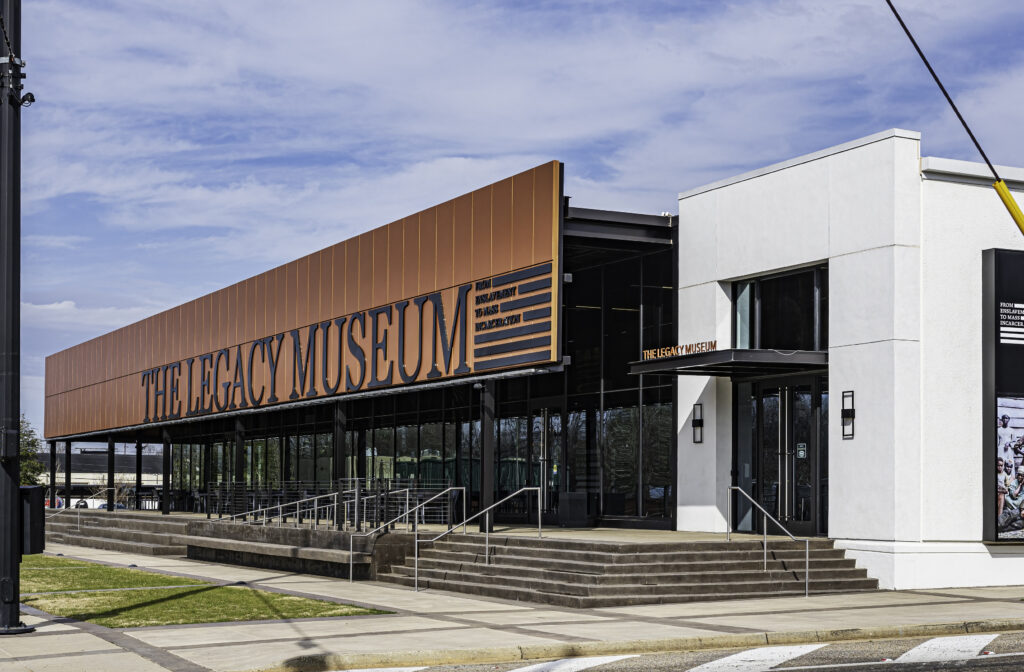
In Atlanta, the National Center for Civil and Human Rights, which is undergoing renovations until Fall 2025, is home to interactive exhibits, a collection of Martin Luther King Jr.’s papers and artifacts, and several civil rights exhibits and displays. And finally, the International African American Museum is located on Charleston Harbor in South Carolina at the site where almost 40% of enslaved Africans were brought and forced to perform unpaid labor in America. The museum features several interactive galleries and exhibits, artwork, historical artifacts, and a public genealogy center. The International Civil Rights Center & Museum in Greensboro, North Carolina, aims to educate visitors on civil and human rights and commemorates the 1960 lunch-counter sit-in.
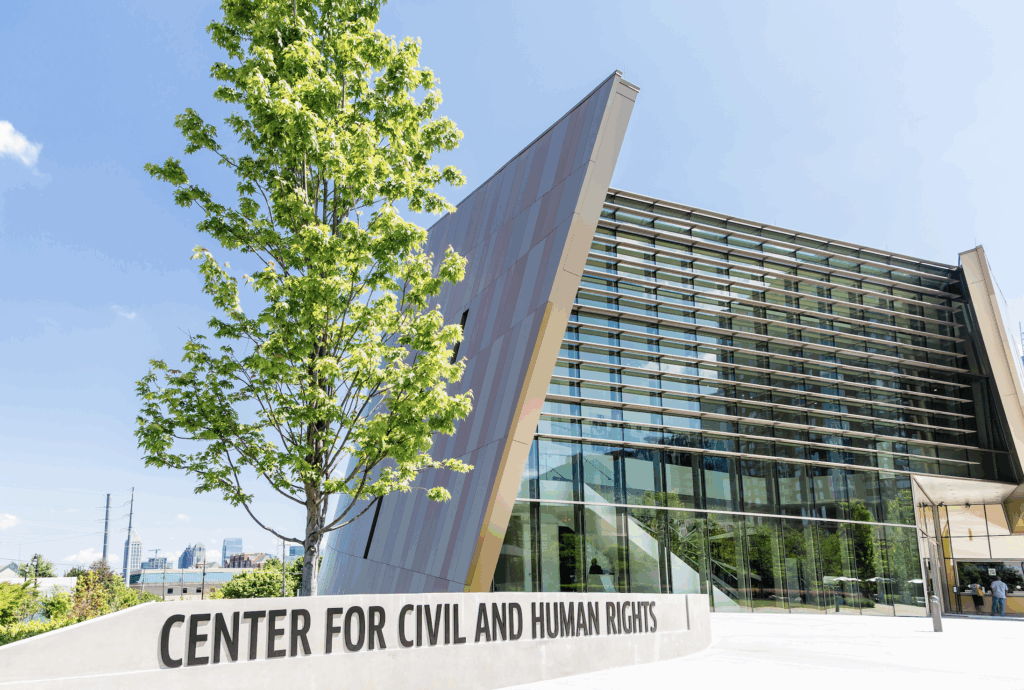
Social Justice Museums in the Northern States
The African American Museum in Philadelphia is dedicated to preserving and celebrating Black heritage in the United States. The AAMP highlights Black history and art as well as the Black experience in America. Regular collections include items from the African diaspora. The museum also houses artifacts from the United States Negro baseball team and items with a local Philadelphia focus. In Washington, DC, the National Museum of African American History and Culture is part of the Smithsonian Institution and provides an extensive portrayal of African American life and contributions in art, science, politics, music, and more.
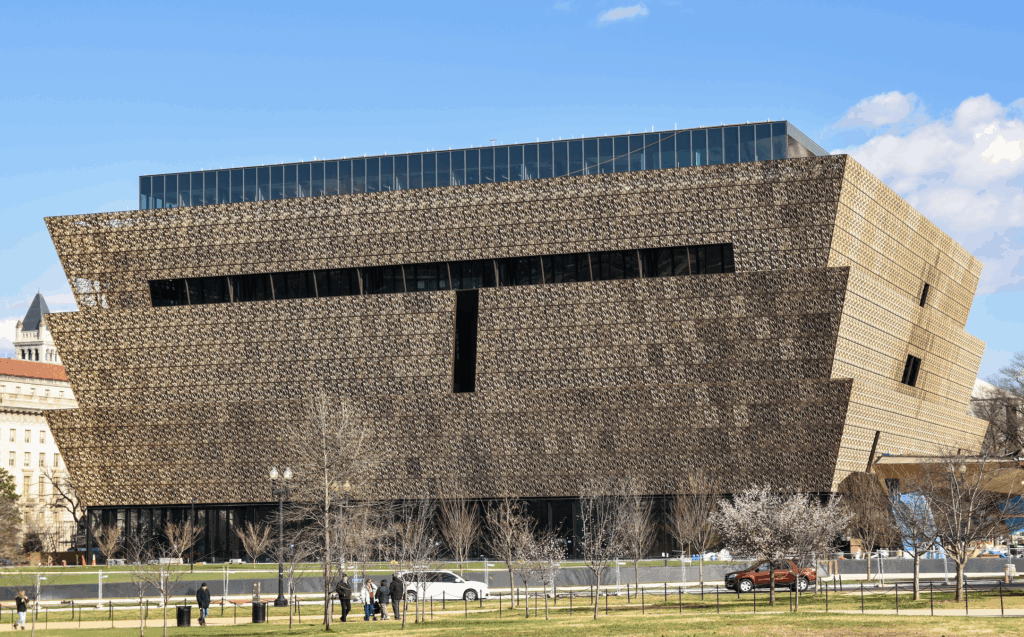
The Core Social Justice Cannabis Museum, located in Boston, illustrates the inequities of American drug policies. It underscores the weaponization of cannabis in the Black community and suggests ways to foster a fair drug policy. New York City is home to several social justice museums, including initiatives at The Met, exhibits at The Ford Foundation Center for Social Justice, the upcoming Museum of Civil Rights, and the Activist New York exhibit at the Puffin Museum.
West Coast Social Justice Museums
Located in the La Plaza United Methodist Church, the Museum of Social Justice highlights the history of Los Angeles and its social change. The museum tells the story of diverse community members, their challenges, wins, and resilience. San Francisco is home to the GLBT Historical Society Museum is dedicated to LGBTQ+ history and culture. Exhibits highlight the communities’ struggle for equal rights and inclusion. Los Angeles is also home to the Japanese American National Museum, highlighting the Asian Pacific American experience through history, culture, and art.
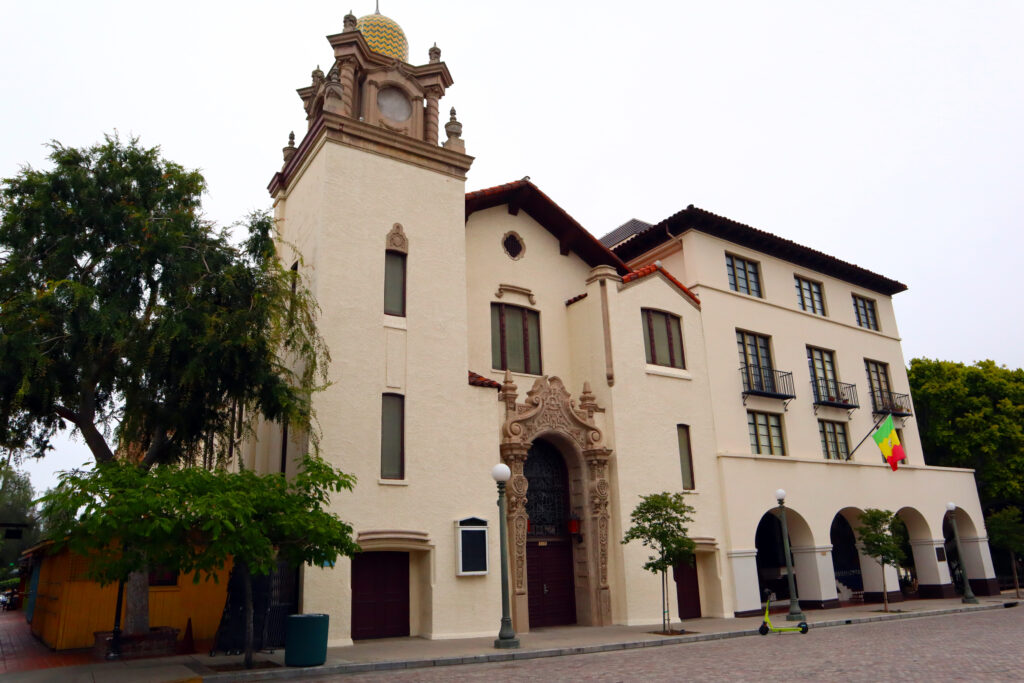
Midwestern Museums Highlighting Equality and Inclusion
The National Underground Railroad Freedom Center in Cincinnati, Ohio, highlights the history of the Underground Railroad and the ongoing fight for freedom. It focuses on slavery, abolition, and modern human trafficking, encouraging visitors to take part in the continued struggle for justice and equality. In Detroit, the Charles H. Wright Museum of African American History is dedicated to the African American experience. It features exhibits on history and culture, along with educational programs and events that honor the contributions of African Americans.
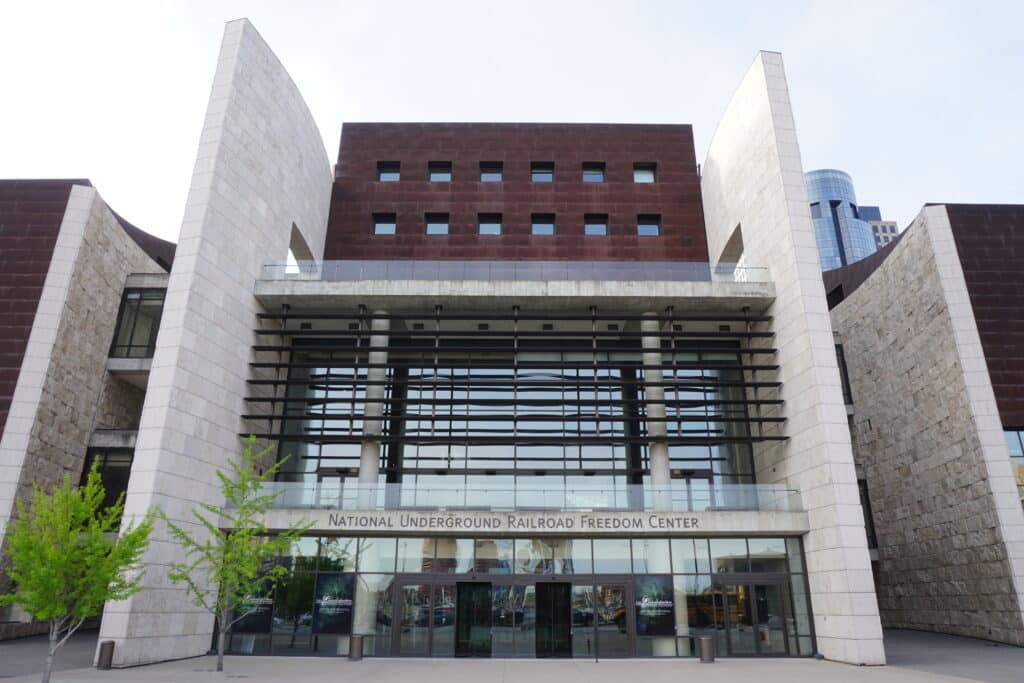
There are many more social justice museums in the United States than I have highlighted here. Our history isn’t pretty, but we need to acknowledge and learn from it. These museums teach us the way forward and we need to support and protect them.







